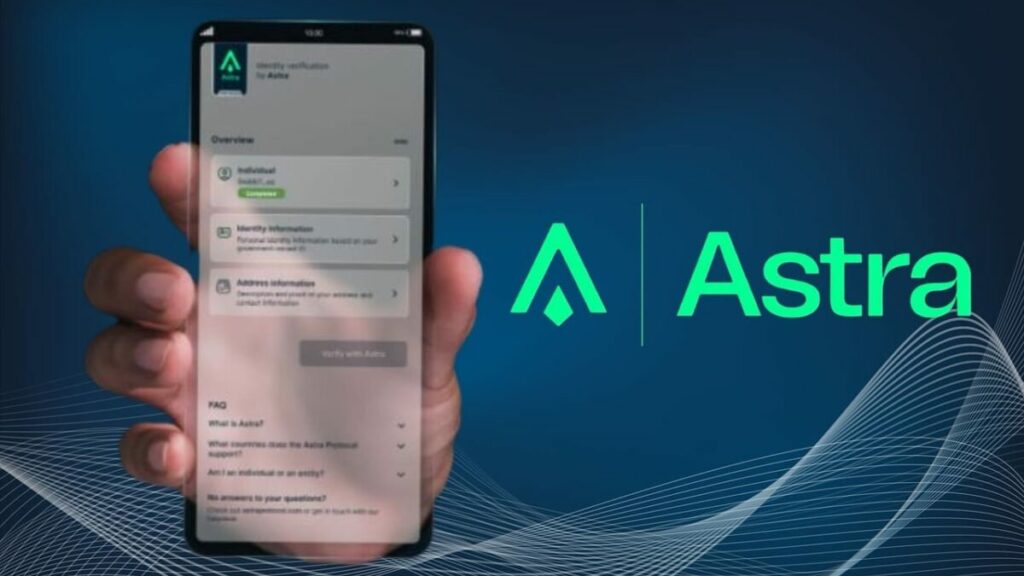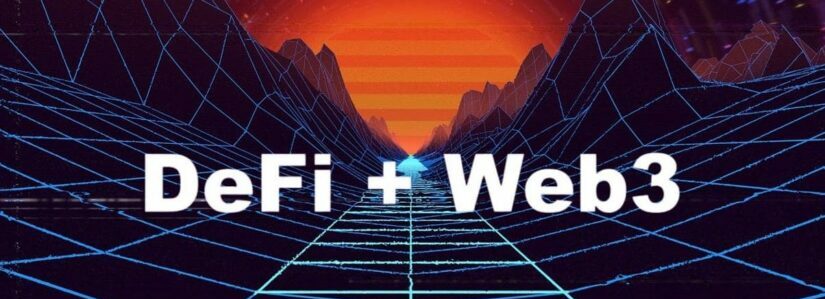Astra Protocol, a leading decentralized know-your-customer (KYC) platform on Web3, has disclosed its strategy to help cryptocurrency exchanges and wallets in conforming to the European Union’s Fifth Anti-Money Laundering Directive (AMLD5).
On July 5, Astra Protocol took to Twitter to announce how it aims to integrate with decentralized finance (DeFi) protocols, crypto exchanges, and wallets, ensuring compliance with Anti-Money Laundering (AML) and Counter-Terrorist Financing (CTF) measures stipulated in AMLD5.
1/ 💼✅.@YahooFinance features #Astra on the latest development of the Astra team responding to #AMLD5 highlighting how the latter will help bring #compliance for crypto exchanges & wallets.
👇📰Read the full story! pic.twitter.com/RiX9pQXMqB
— Astra Protocol (@AstraProtocol) July 4, 2023
For the uninitiated, AMLD5 is the Fifth Anti-Money Laundering Directive which treats exchanges and wallet services like financial institutions. It requires them to perform customer due diligence and adhere to AML and CTF rules set the European Union in line with the Financial Action Task Force (FATF). This new directive introduced several fundamental reforms that primarily impact the KYC processes and crypto services.
Astra Protocol Responds to AMLD5
According to the official press release, Astra seeks to make it easy for crypto products and services to stay in compliance with regulations like AMLD5 by including these standards in the platform. Despite the introduction of AMLD5, that has opened up new challenges for crypto businesses in the EU block, Astra Protocol views this as an opportunity.
As per the company, Asta’s compliance protocol will tend to ensure that mandatory AML and KYC checks are performed and verified before transactions are executed.
The company will also provide an additional layer of transparency and accountability, allowing regulators and stakeholders to verify the legitimacy of transactions and significantly reducing the risk of fraudulent activities.
It offers an on-chain dispute resolution system by adding a legal assurance layer to block-chain-based smart contracts as well as an on-chain layer of assurance and safety enabling smart contracts to automate business logic in a decentralized manner.
In a nutshell, Astra seeks to simplify the process for any crypto protocol to meet its KYC and AML regulations without changing their underlying business models through its plug-and-play software.
How Will Astra Protocol Help Web3 and DeFi?
As the crypto ecosystem continues to grapple with increased regulatory scrutiny all across the world, Astra aims to revolutionize the industry by integrating legal and compliance requirements into blockchain platforms.
Simply put, it intends to bridge the gap between the digital assets sector to the broader financial industry by simplifying the process of Web3 and DeFi protocols to meet KYC and AML regulations without changing their underlying business models and help to resolve industry compliance issues by leveraging trusted legal firms’ expertise while preserving user anonymity.
Since being founded in 2013, Astra has been making prolific strides in the world of crypto. The platform has been tapping major legal and audit companies on-chain with its Decentralized Legal Network (DLN), like KPMG. In addition, it also brings in financial regulatory standards for over 155 countries and over 300 sanctions.
🎉 We are thrilled to announce that #AstraProtocol passed the Smart Contract Audit by @hackenclub with an exceptionally high score of 9.8 following a comprehensive assessment.#Astra smart contract also got a #Security score of 10/10 in the #audit. https://t.co/KgOq0OEoXc pic.twitter.com/TafvkkhhjR
— Astra Protocol (@AstraProtocol) January 26, 2023
Earlier this year, Astra managed to score a security analysis score of 10 out of 10 along with a score of 9.8 in the customer’s smart contract segment conducted by Hacken audit that evaluates vulnerability assessments of smart contracts deployed on the Ethereum (ETH) network and root out security flaws.












